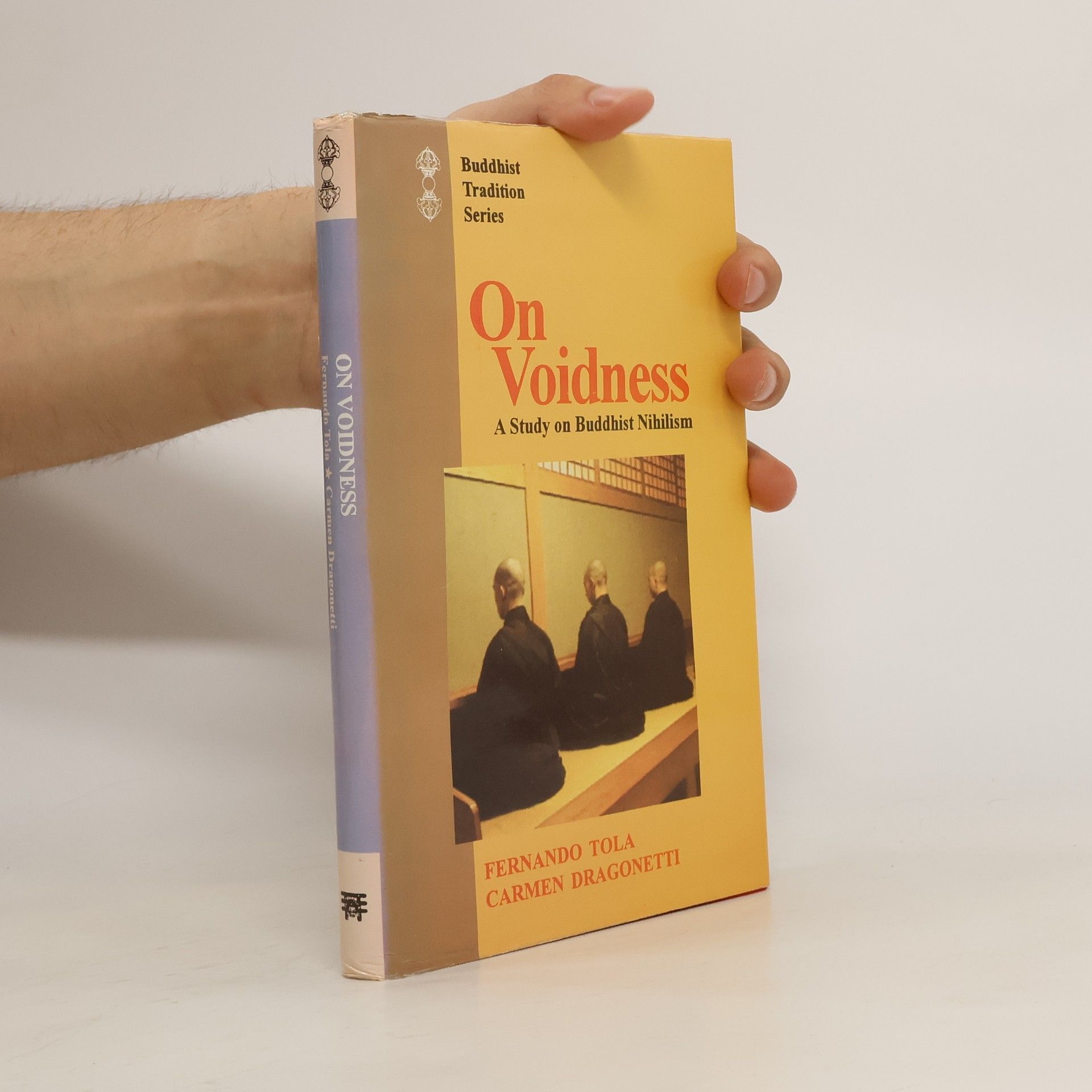The Buddhist school Madhyamika is one of the most important philosophical schools in India. It was founded by the great thinker Nagarjuna in the second century A.D. His doctrine is centered around the concept of sunyata or Voidness which metaphorically designates the absolute inexistence of an own being of any substance existing in se et per se.
Carmen Dragonetti Knihy
